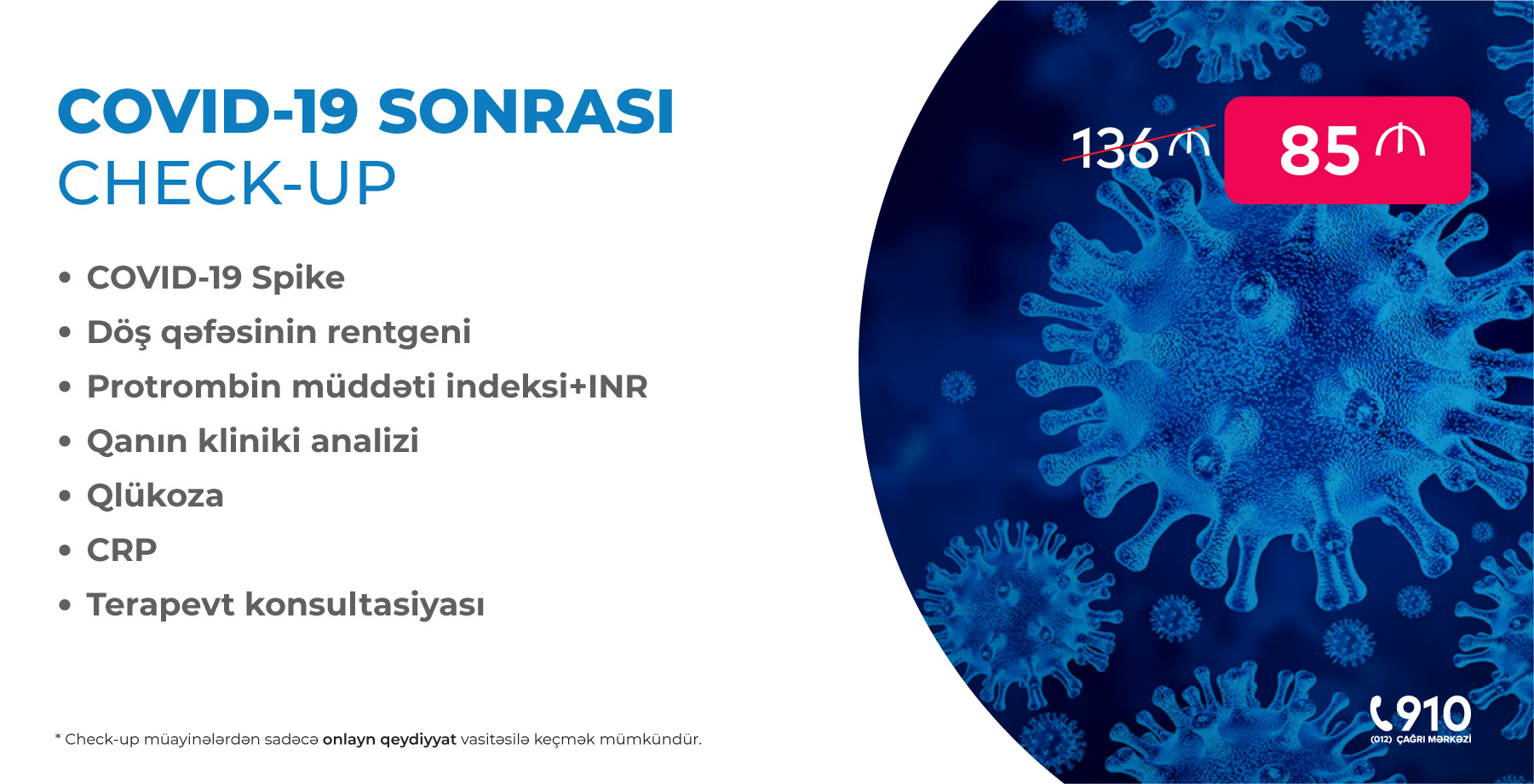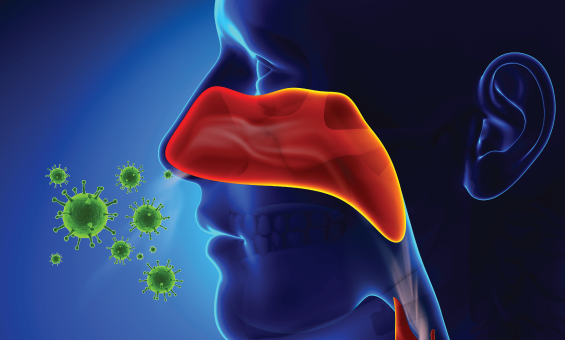First of all, it is important to understand what a vaccine is. Vaccines are substances used to help the body develop its own protective mechanisms. They may consist of killed or weakened microorganisms, or parts of these microbes. Vaccines can be administered through injection, orally, or nasally.
Do vaccines provide full protection from infectious diseases?
Vaccines enable the immune system to recognize viruses, bacteria, and the harmful substances they produce. As a result, when the body encounters a real threat, the immune system is already prepared and can respond more effectively. Vaccination can stop the disease entirely or reduce its severity. Historically, many infectious diseases have been brought under control through vaccination.
Are vaccines dangerous?
In general, vaccines are extremely safe. Side effects are rare. Thanks to vaccines, millions of deaths and disabilities have been prevented. Redness and fever at the injection site are among the possible side effects, observed in 1–30% of cases. Deaths resulting from vaccines are very rare and usually related to allergic reactions.
Before vaccination, it is essential to inform healthcare providers about pregnancy, immune-suppressing conditions such as HIV, medication use, allergies, and any chronic illnesses.
Does the Covid-19 vaccine protect us from Coronavirus?
The Covid-19 vaccine can protect both ourselves and others, potentially saving many lives. It prevents infection or helps reduce the severity of illness. When the benefits of immunity from vaccination are compared with the severe risks of Covid-19, getting vaccinated promptly is the most rational decision.
Measures like wearing masks, maintaining physical distance, and practicing hygiene are crucial in preventing the spread of the virus, but they are not enough to prevent severe cases or deaths in the population.
Why should hygiene still be prioritized?
Hygiene remains one of the most important factors in protecting health and will always be relevant. Even after vaccination, continuing with hygiene practices, mask-wearing, and distancing for a period is necessary.
How does the vaccine work on our immune system?
Covid-19 vaccines strengthen our immune system’s response when it encounters the virus. If a large portion of the community is vaccinated, virus transmission can be significantly reduced — saving countless lives. Viruses can spread rapidly across regions, posing global threats as we saw during the Covid-19 pandemic. That’s why vaccination is vital for protecting ourselves, our loved ones, and society.
Which Covid-19 vaccine will be used?
The Sinovac vaccine produced in China, named CoronaVac, is an inactivated (killed) vaccine and must be administered in two doses with a 28-day interval. This traditional method involves growing the virus and then rendering it inactive. When the body encounters this killed virus, it perceives it as a real threat and triggers immune defense responses.
Should people who have recovered from Covid-19 get vaccinated?
Yes. Some people who previously had Covid-19 have become reinfected. The duration of immunity after recovery is still unclear, though it typically lasts around 6 months. Initially, vaccination is not recommended immediately after recovery. However, if the person is no longer in the active stage of the disease, they can receive the vaccine.
Are there any side effects of the vaccine? Are they normal?
After receiving the Covid-19 vaccine, symptoms like pain at the injection site, fever, and fatigue may occur. These are normal immune responses and usually resolve on their own. Preventive use of medication before vaccination is not recommended, but medications can be used to relieve symptoms if they appear. Serious side effects such as allergic reactions are extremely rare. Those with known allergies must inform healthcare providers before vaccination.
What about pregnant women?
Vaccination is not recommended in the first trimester of pregnancy. Risk assessment should be performed. If a pregnant woman is in a high-risk group (chronic illness, high exposure at work), she may be vaccinated in later trimesters after consulting with her doctor. There is no absolute contraindication for people with severely suppressed immune systems, such as organ transplant patients. If they are in the risk group, they may be vaccinated after evaluation by their doctor.
Should we continue safety measures after being vaccinated?
Yes. Although vaccines significantly reduce the risk of disease, it is not yet clear how long they reduce transmission. Therefore, even those who are vaccinated or have recovered from the illness should continue to follow social distancing, mask-wearing, and hygiene protocols.
Should children receive the Covid-19 vaccine?
Initially, the vaccine rollout was focused on healthcare workers and high-risk individuals. Whether children should be vaccinated will depend on future decisions made by the World Health Organization.
Which tests should be done before vaccination?
Active Covid-19 patients and those who have recently recovered should not get vaccinated immediately.
In some cases, the disease may occur with mild or no symptoms. Therefore, it is essential to check Covid-19 IgG and IgM antibody levels before vaccination. Both of these tests are available at the Sağlam Ailə Medical Center Laboratory, with results ready on the same day.
For Covid-19 testing and other questions, please contact our Call Center at (012) 910 or via WhatsApp at (055) 4000 910.

